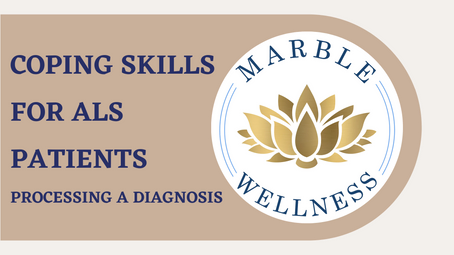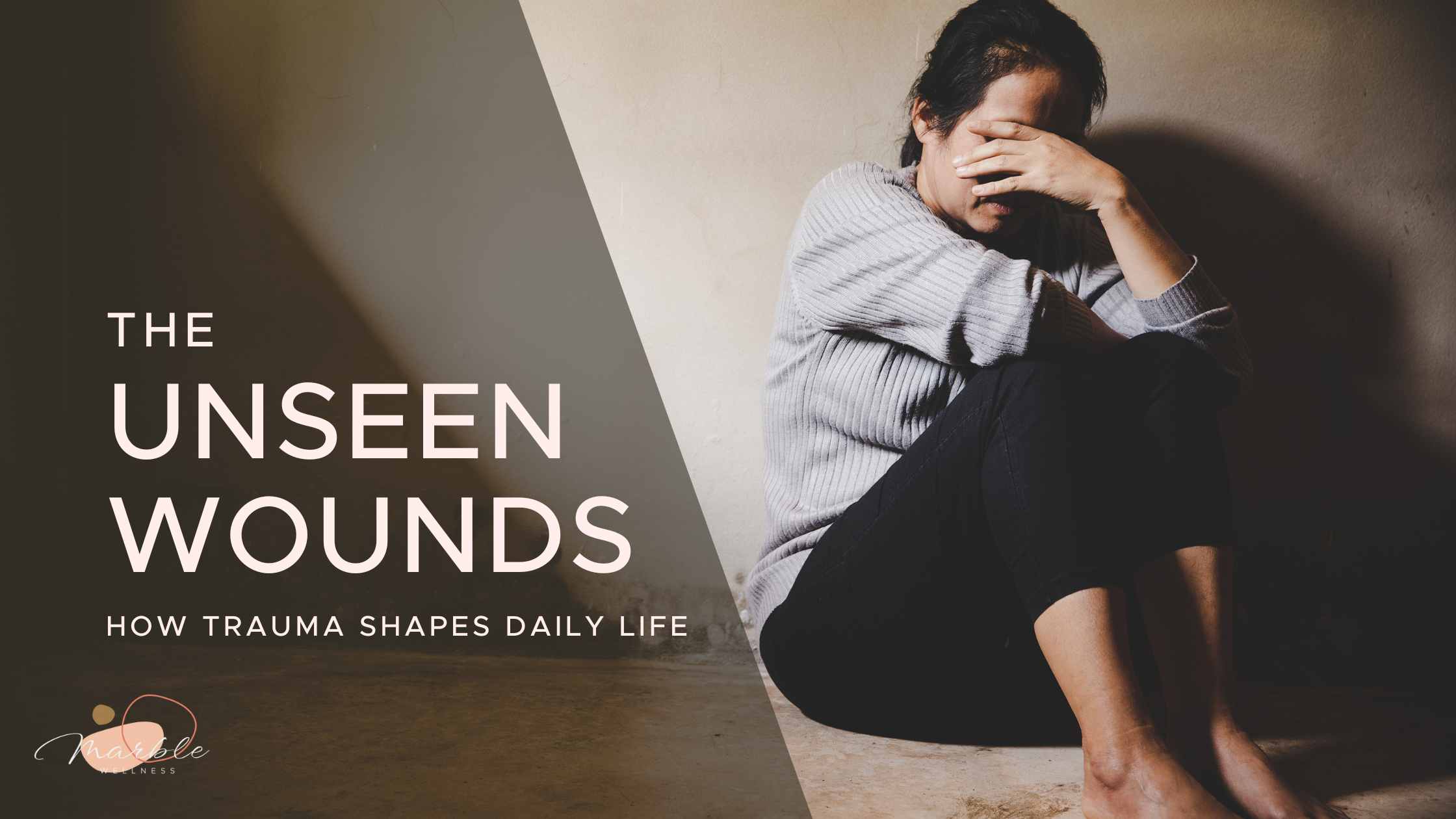
Processing your ALS Diagnosis
After weeks and months of observation, tests, and speculation, you’ve been diagnosed with ALS. A life-changing, complicated, and unpredictable diagnosis. What do you do with news like this? Just like the diagnosis itself, responses to the diagnosis and coping are complex and dynamic.
Coping is a funny word. How do you define it? Coping with a life-limiting, terminal diagnosis seems … impossible. Our magic wands aren’t so magical anymore, and our go-to methods of feeling better don’t begin to lighten the load. So what can you do? While we aren’t naive enough to believe that meditation, conversations, and fresh air can suddenly make this diagnosis *go away*, there are a few things that might make your day 5% better. We’ll take it.
Remember your worth.
It’s easy to lose sight of your identity when all that you know becomes wrapped up in being “someone with ALS.”
While your abilities may change over time, your inherent worth as a person and the gifts you offer the world do not.
You are the same person, no matter your diagnosis. As energy allows, imagine new ways to share your knowledge, tips, and spirit with the world.
Secure and learn adaptive equipment before your abilities change.
Adaptive equipment for families impacted by ALS ranges from no and low-tech to incredibly advanced technology. Accommodations do not usually need to be made in the first days and weeks of an ALS diagnosis, yet securing and learning mobility, speech, hygiene, breathing, nutrition, and other assistive devices before they are necessary may help reduce anxiety and empower you for the unpredictable road ahead.
As you do this, remember to pause – so much of managing chronic disease can feel like hurry up and wait. While you do need to stay on top of things, there’s a lot of overwhelm that comes with the hurry up. Just as you schedule appointments and dinner reservations, remember to schedule or attempt “breaks” in your commitments and research.

Give yourself permission to change your mind.
The medical interventions you thought you could tolerate at a healthy age 25 might be different from the ones in front of you today. It’s more than okay to exhaust all medical and social resources available to you, even if it’s different than you imagined years ago.
It’s also okay to be content with a life well-lived and decide that interventions aren’t for you. These are personal, nuanced, and, for some, spiritual decisions. You are the final say in what you are ready to endure – and what you think you can endure might change when you are faced with it.
Identify resources available to you.
Many local and online resources exist for people impacted by an ALS diagnosis, including disease-specific organizations (like the ALS Association), benefits specifically for veterans with an ALS diagnosis, disability benefits, and family grief centers.
You might also begin researching home care, cooking, electronic media options (like a Libby account with your local library), meditation practices, and home maintenance companies for support as your needs evolve. Be cautious in the information you consume online; some sites are on target, while others miss the mark.
- ALS Association
- I Am ALS
- Planning Guide for Loved Ones of a Veteran with ALS – this is a veteran-focused document, yet the content is applicable for civilians with ALS, too
- Patient Perspective of ALS
Identify your support people.
We know it’s an understatement to say that this disease is a lot. From appointments to securing accessibility tools to the emotional impact of this diagnosis, you couldn’t and shouldn’t do it alone. Find people who will help and listen without judgment or adding to the fear you might already be experiencing. You might be surprised by the people who step up and those who don’t.
Find something steady.
This disease is unpredictable and life-disorganizing. Disease progression and symptoms vary from person to person. Identify something in your life that can be reliable and steady – a weekly commitment with a friend, a podcast or tv show you enjoy, an outdoor scene, a ritual at the start of a ball game. Having something you know to be true despite your illness can help you feel more in control.
Practice coping strategies that require no extra tools or settings.
As your disease progresses, coping skills that were once effective may no longer be accessible. Begin to practice meditations or distractions for when emotions or scenarios are overwhelming: name an animal for every letter of the alphabet, count backwards from 100 in multiples of seven, describe a scene to someone who has not experienced it before, imagine a peaceful setting. Be aware of exercises that involve breathwork; being mindful of your breath while experiencing physical symptoms may increase anxiety.
Get your affairs in order.
This is an essential task of adulthood, not just those experiencing chronic illness. Establishing power of attorneys, developing a will, and communicating end-of-life wishes are emotional, often-laborious tasks, but they can reduce stress and anxiety tenfold at critical times – for you and your family. Guides like Five Wishes can make these conversations more approachable.
Allow yourself to redefine hope.
ALS is a life-limiting disease. Hope does not have to equal a cure or outliving the curve. What are your priorities? What brings you joy? When do you smile most? Answer these questions honestly and make decisions from there. Some have defined hope as having important conversations with significant people in their lives. Others are steadfast in learning adaptive equipment to prolong their lives as long as possible.
Use your definition of hope to guide you – it’s your life to live.

Start Therapy for Mental Health in St. Louis
If you live in St. Louis and are ready to improve your mental health, we are here to help.
Contact Us!

Additional Counseling Services at Marble Wellness in St. Louis, MO and Chicago, IL
Counseling services designed to help set you on a path of living a more fulfilled, calm, and happy life.
St. Louis
Our St. Louis team of therapists have a variety of training backgrounds and areas of expertise. We specialize in anxiety, depression, grief, chronic illness, therapy for men, couples, and maternal overwhelm. We can also help new moms with various postpartum concerns, moms in the thick of parenting, and moms with teens. We can also chat from wherever you are in the state with online therapy in Missouri and online therapy in Illinois. No matter where you are in your journey, we would love to support you.
Chicago
Our Chicago team of therapists offer a wide range of mental health services to help our clients through the different challenges and hurdles in their life. In addition to anxiety, depression, grief, therapy for men, and maternal overwhelm, we are specialized in professional burnout, therapy for breakups, and love partnering with working moms.



